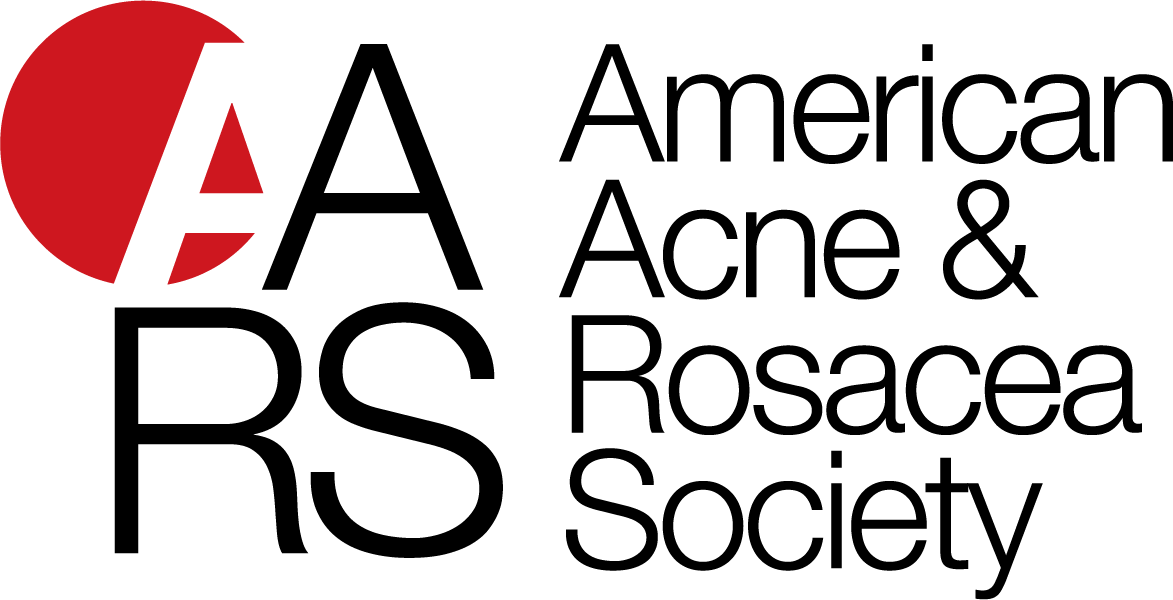William H. McCoy, IV, MD, PhD
Washington University Department of Medicine
Division of Dermatology
St. Louis, MO
2017 AARS Research Scholar Awardee
The Skin Microbiome Response to Systemic Isotretinoin Acne Therapy
Summary
This funding helps to extend work previously supported by the AARS to include whole-genome sequencing of P. acnes isolates to assess changes in metabolic pathways associated with changes in the human microenvironment during isotretinoin therapy.
Abstract
Acne vulgaris is an extremely common disease with numerous disease associations, but it is unclear what causes the normal pilosebaceous unit to turn into an inflamed acne lesion. The bacterium Propionibacterium acnes normally lives within the pilosebaceous unit, yet many studies over the last 50 years support a role for this organism in acne pathogenesis. While the specific role of P. acnes is unclear, antimicrobial therapy is a mainstay of acne treatment and has led to the emergence of antibiotic resistant skin flora. Recent genomic investigations have identified multiple P. acnes features associated with acne, but the response of these P. acnes features to successful acne treatment is unknown.
Previous bacteriological work has demonstrated that the systemic medication isotretinoin reduces P. acnes even though it is not an antibiotic. We hypothesized that acne treatment with isotretinoin would shift the community of organisms on acne skin (acne microbiome) to resemble the community of organisms on normal skin (normal microbiome). Our investigation reproduced and greatly extends prior observations of P. acnes population changes with isotretinoin treatment. Our analysis also suggests that post-isotretinoin acne requiring further oral therapy (antibiotics or isotretinoin) may be due to specific P. acnes strains. Whole-genome sequencing and metabolomic investigations of these P. acnes strains are currently ongoing.
The recent awarding of an American Acne and Rosacea Society Research Scholar Award now provides the means to expand this pilot project to include further next-generation sequencing assessments of acne and isotretinoin treatment associations. Specifically, we will examine the variation in the non-bacterial skin microbiome with isotretinoin treatment, the selection of P. acnes genomic elements during isotretinoin treatment, and the change in microbial biochemical pathways with changes in the host environment during isotretinoin treatment. These studies will provide the genotype foundation for ongoing P. acnes metabolomics work in our laboratory to allow for correlations between microbial genotype and metabolic phenotypes. This work will help to direct future microbiota-directed acne therapy.
